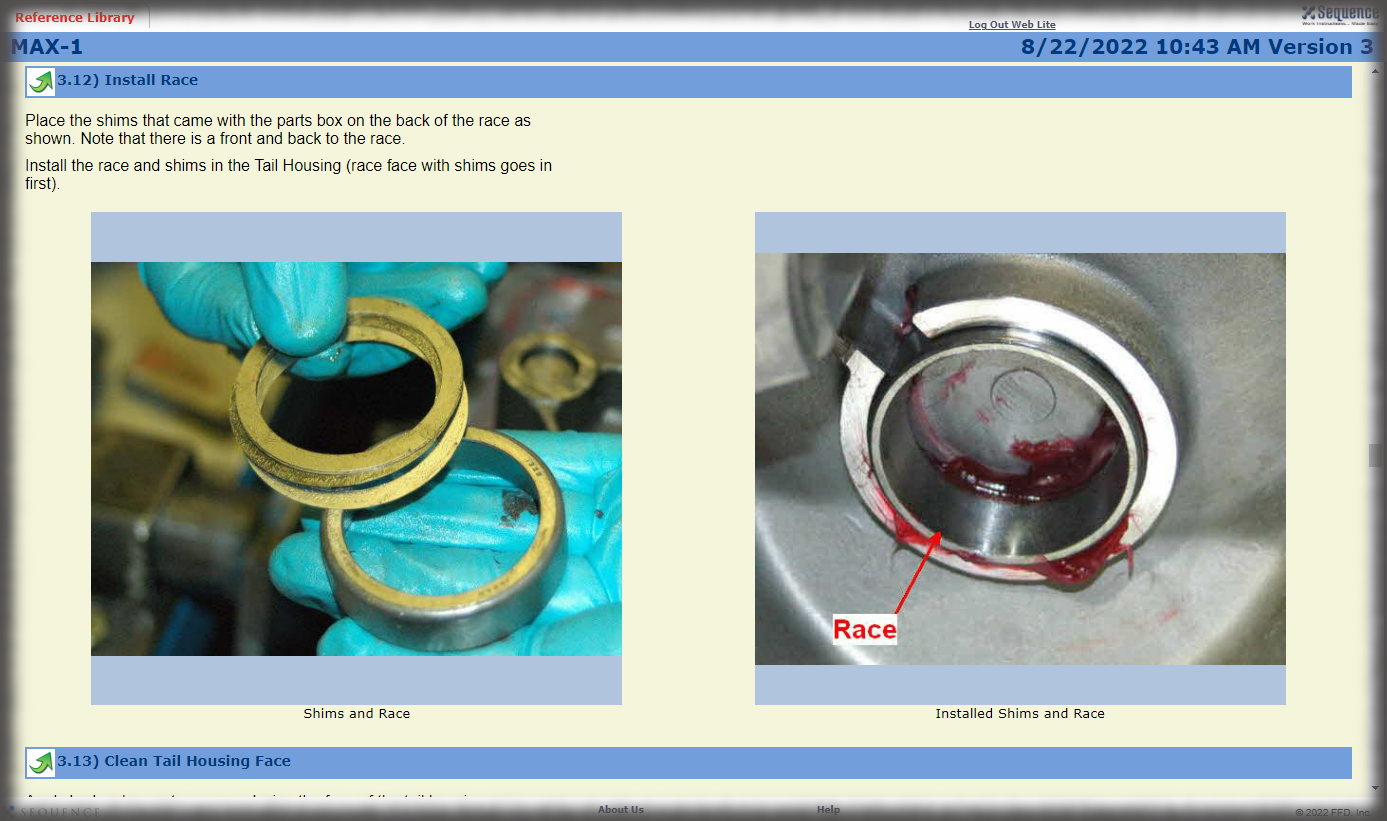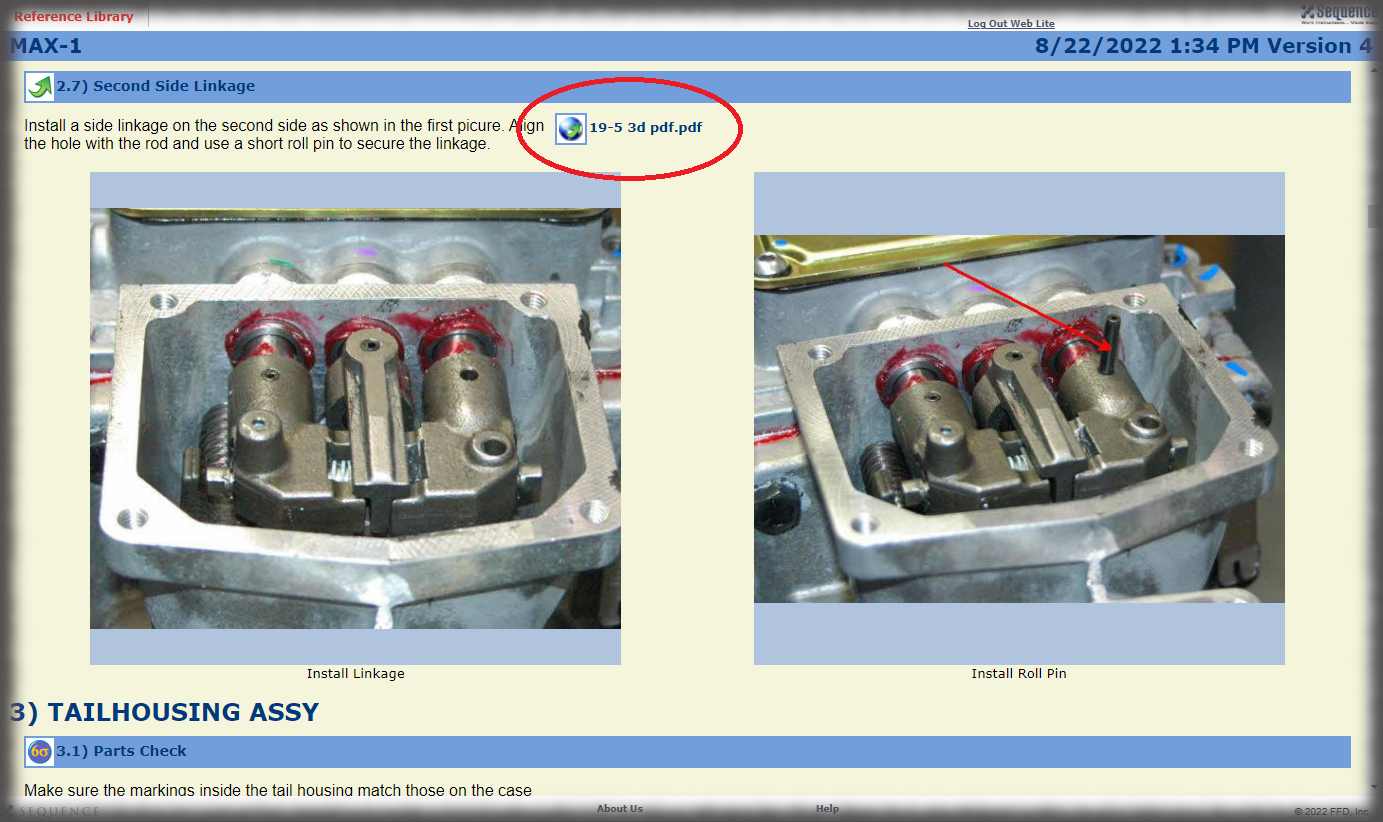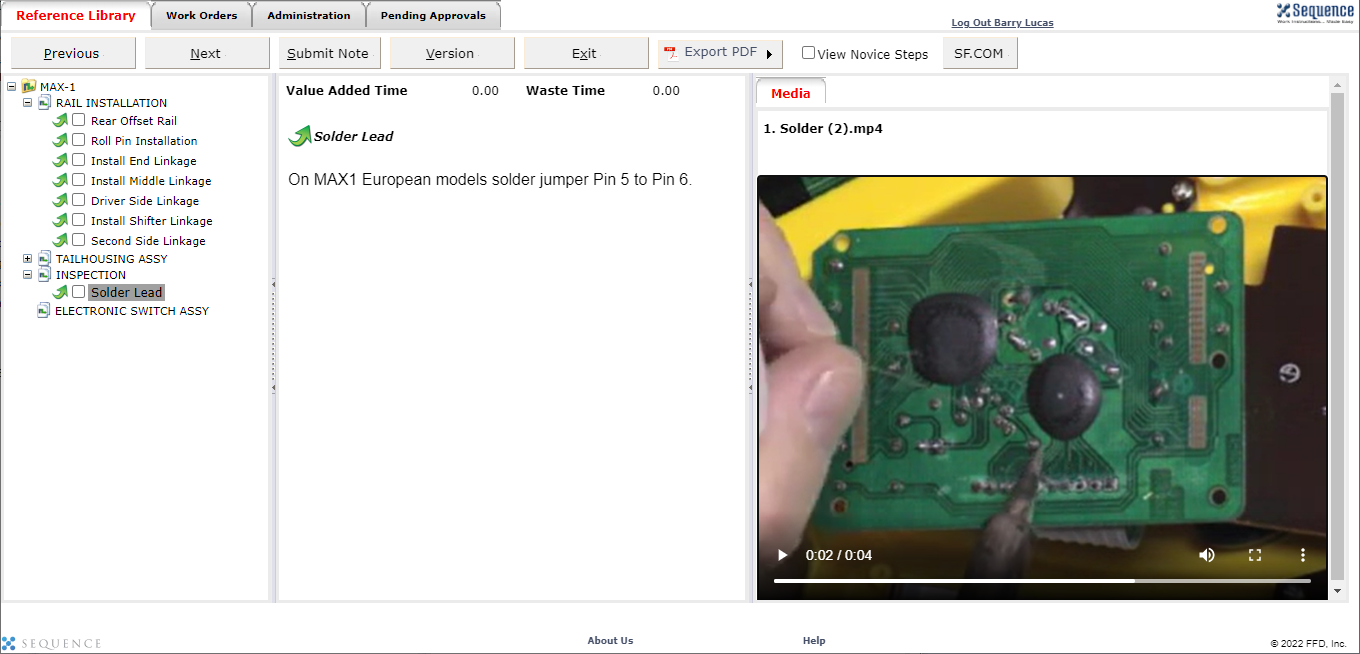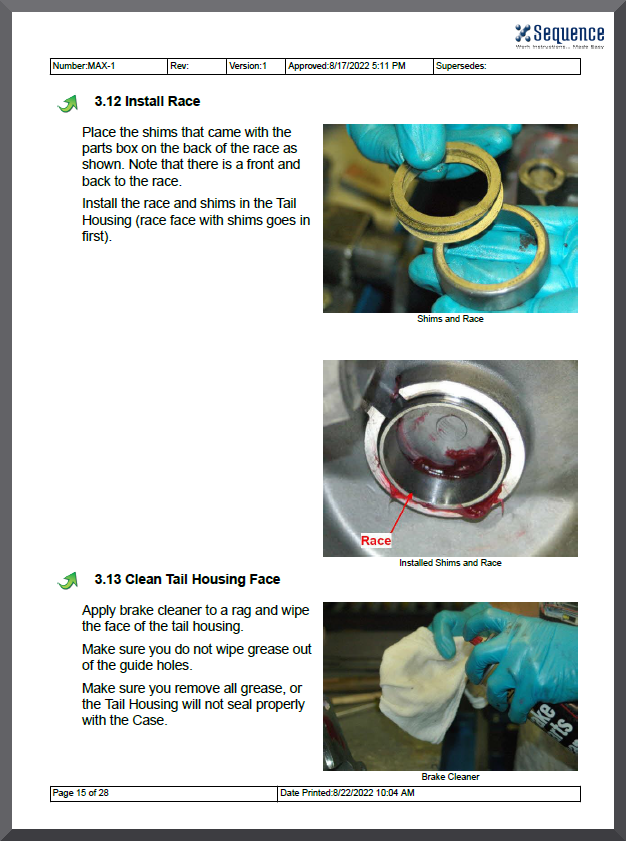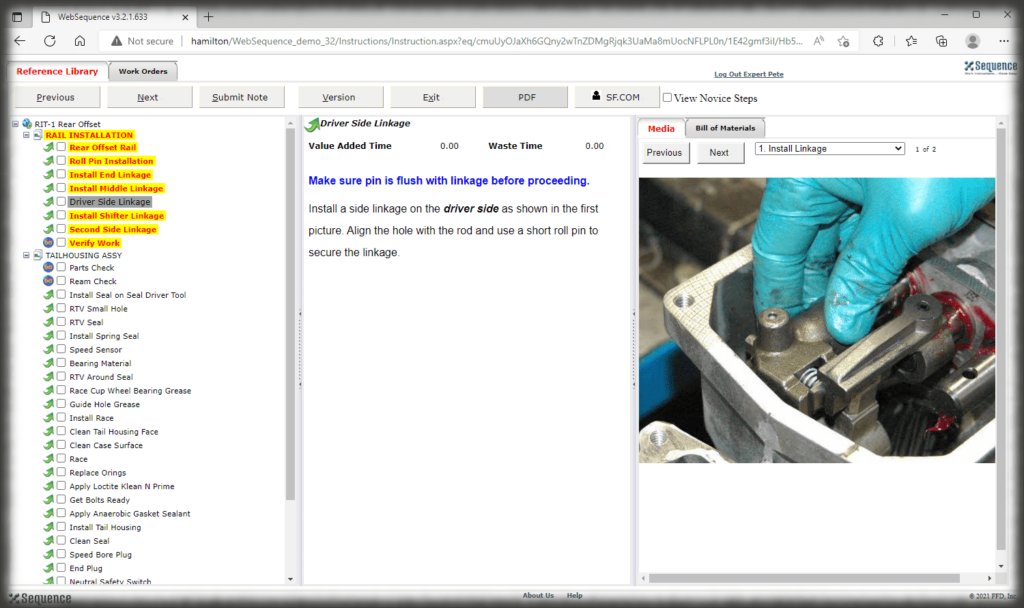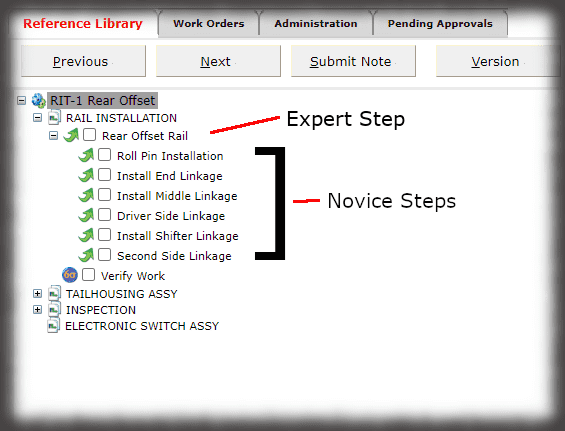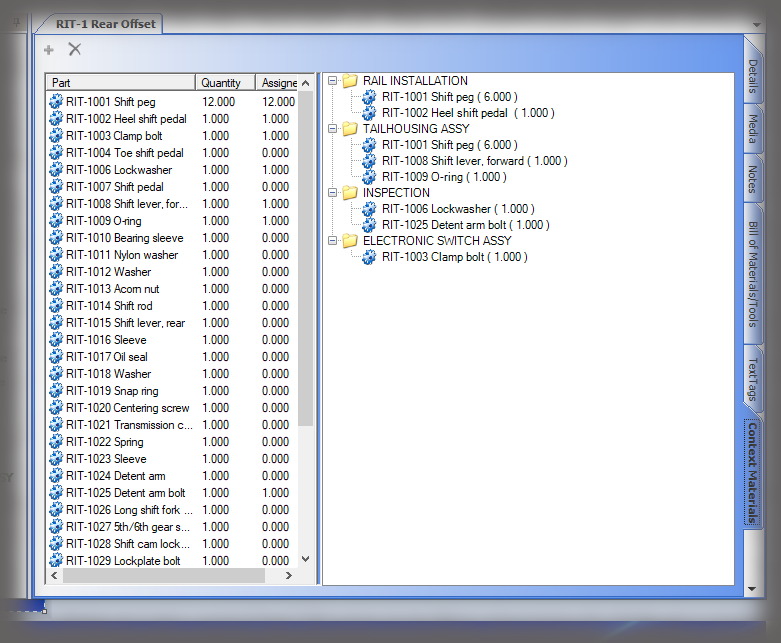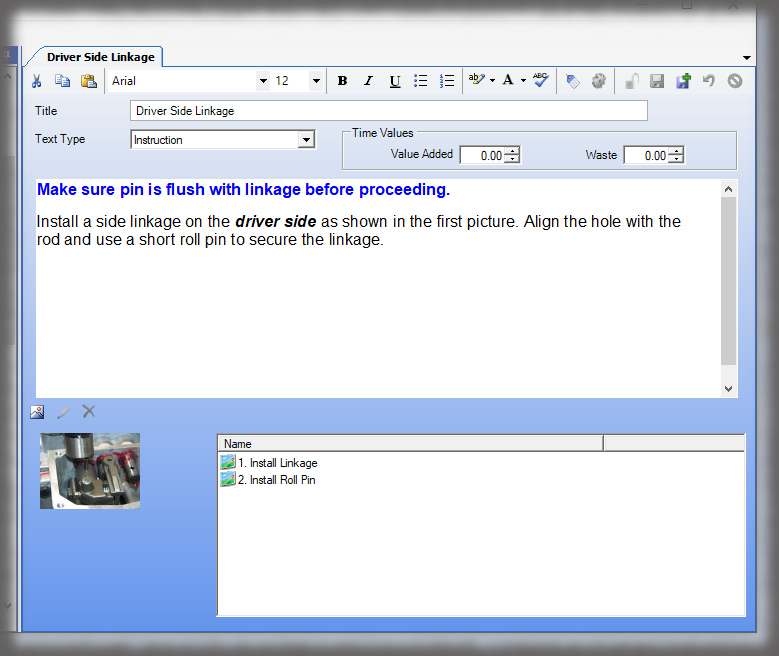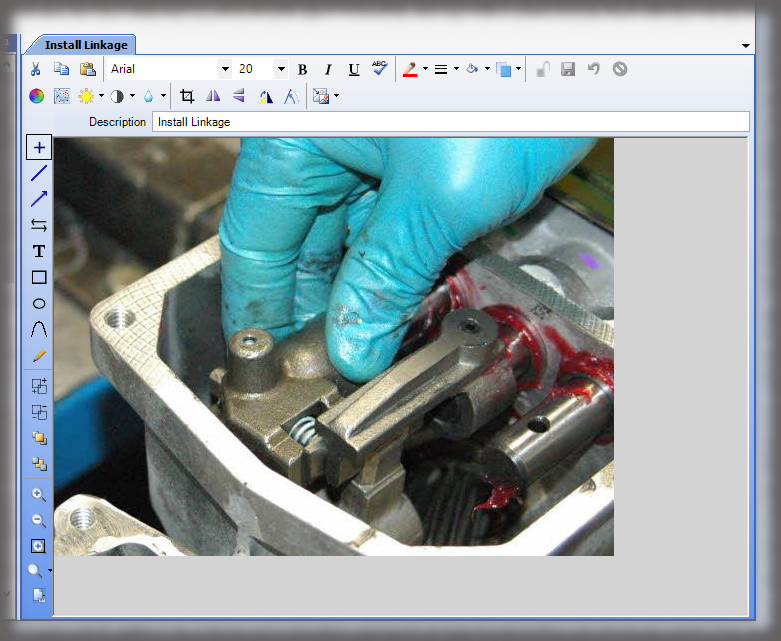In the high-stakes world of manufacturing, high turnover rates are a real and constant challenge. According to the Bureau of Labor Statistics, manufacturing suffers a turnover rate of 39%. Some root causes of turnover include poor working conditions, poor skills development programs, poor compensation and benefits, and poor leadership. When the backbone of any manufacturing operation is its workforce, and training falls short, companies should also expect to see employees seeking greener pastures. This article explores critical areas where poor training triggers turnover in the manufacturing industry.
Safety Concerns
Safety should be a bedrock goal in manufacturing, where employees often operate heavy machinery and work with hazardous materials. Indeed, safety is a primary concern at many of the companies we visit–many companies conspicuously report the number of workdays since an accident, for instance, and employees should expect a focus on safety. Poorly trained workers are more likely to make mistakes, overlook safety protocols, or mishandle equipment, putting themselves and their colleagues at risk. This not only endangers lives, but an accident also causes costly equipment repairs and production delays for the company.
When employees are inadequately trained, they naturally experience a heightened sense of insecurity and anxiety. Employees’ concerns are only magnified when they witness accidents or near-miss incidents due to a lack of training. The fear of accidents and consequences weighs heavily on employees, eventually pushing them to leave their jobs in search of safer working conditions.
Manufacturers need to recognize the importance of comprehensive safety training, emphasizing not only the “what” but also the “why” behind safety protocols. When employees understand the rationale behind safety measures, they are more likely to follow them diligently. Investing in robust safety training not only reduces the risk of accidents but also helps create a work environment where employees feel secure and valued, ultimately reducing turnover rates.
Reduced Productivity
Manufacturing processes are intricate and rely on the precise execution of tasks. Minimally trained employees will not grasp the intricacies, leading to inefficiencies, increased waste, and financial losses for the company. Left unaddressed the lack of training has negative effects on the employee who becomes frustrated, overwhelmed and disheartened. We all know from personal experience that negative feelings are powerful motivators to seek employment opportunities elsewhere.
There are, however, quality and productivity issues that arise from a frustrated, poorly-trained employee. In the best case, when a worker has to figure out on their own how to accomplish a task, they will only be slower in completing their work, which reduces productivity. The task may be completed correctly, but at the expense of time. In a worser case, as described in the next section, they may make the product incorrectly leading to a quality issue.
Comprehensive training that provides employees with a deeper understanding of fundamental skills which helps streamline the work and enhance efficiency. Employees confident in their ability to execute their tasks proficiently remain committed to their jobs, reducing turnover.
Quality Control Issues
A poorly trained employee won’t always hurt themselves or somebody else. But the hit to quality is almost unescapable. Manufacturing thrives on delivering high-quality products consistently. Poorly trained employees are more prone to produce substandard goods, leading to the hidden costs of customer dissatisfaction, damage to the company’s reputation, and costly rework or scrap. As employees become disheartened by their inability to meet quality standards due to insufficient training, they are more likely to leave their positions, contributing to higher turnover rates.
Training (or lack of good training) has a cascading effect on the bottom line. Good workers just want to get their work done, but they will use workarounds and shortcuts to counter inadequate training. However, workarounds and shortcuts can lead to inconsistent quality. If the company has built in quality checks, then nonconforming products will be identified and prevented from escaping to a customer, but the costs of inspection, rework and scrap come straight from what would have been profit.
Quality control issues are particularly troubling for manufacturers because they have a direct impact on customer satisfaction, brand image, and profitability. Recognizing the connection between inadequate training and quality problems can prompt manufacturers to prioritize comprehensive training programs that ensure employees are equipped to produce top-tier products. With an enhanced commitment to quality, manufacturers reduce turnover by creating an environment where employees take pride in their work and are less inclined to seek employment elsewhere.
Negative Workplace Culture
In manufacturing, a negative workplace culture emerges as a consequence of poor training. When employees witness frequent errors, accidents, and low morale due to inadequate training, they become disillusioned with their workplace. If the problem is systemic then culture of mistrust, frustration, and dissatisfaction can take root, driving employees to seek more positive work environments.
A culture of maintaining a force of undertrained workers has a ripple effect on the entire organization. They are less likely to remain engaged in their job, they are less likely to collaborate, and they are more likely to be absent. Creating a positive workplace culture begins with addressing the root cause: poor training.
The solution is investing in a culture that values training and continuous improvement. A well-designed training program instills a sense of purpose, competence, and pride in employees. It also fosters a supportive environment where employees feel appreciated and are more likely to stay in their roles, reducing turnover rates and promoting a culture of growth and excellence.
Let Sequence Software Improve You Training Process
Poor training of employees is a major factor in the high turnover rates in the manufacturing industry. From safety concerns to reduced productivity, quality control issues, and the emergence of a negative workplace culture, the consequences of inadequate training resonate throughout the organization. Manufacturers should recognize that training is not merely a cost but an investment in the longevity and success of their workforce and business.
Effective, consistent training is achieved through well-documented processes. When it is documented nothing is missed from one class to another. Contact Sequence Software today to learn more about how a better software solution can make traceable, consistent training a reality at your company.


